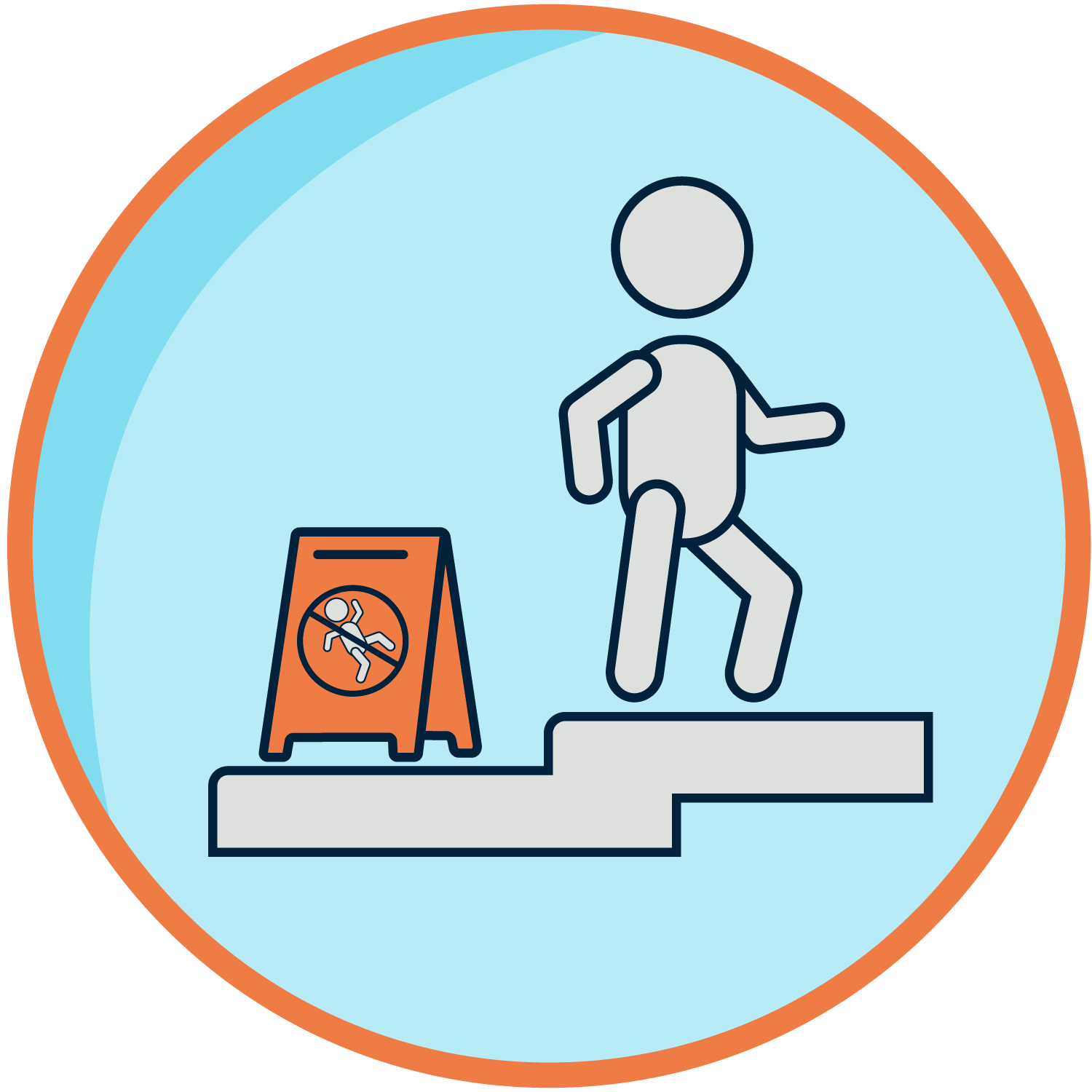More than 41,000 retirement-age Americans died of falls in 2023. Here are tips to help prevent it.
By Sara Moniuszko, CBSNews.com
More older adults in the United States are dying from unintentional falls, according to new data from the Centers for Disease Control and Prevention.
In the CDC’s National Center for Health Statistics data brief out Wednesday, researchers found the death rate for falls in adults 65 and older increased with increasing age for both men and women. From 2003 to 2023, the rate increased by more than 70% for adults ages 65 to 74, and by more than 75% for those aged 75 to 84. It more than doubled for seniors 85 and older.
In 2023 alone, more than 41,000 retirement-age Americans died of falls — with more than half of those deaths among people 85 and older.
“Falls continue to be a public health problem worth paying attention to,” Geoffrey Hoffman, a University of Michigan researcher who was not involved in the new report, told The Associated Press. “It’s curious that these rates keep rising.”
The data brief did not explore reasons behind the increase, but experts say there are ways to better prevent falls as you age
How to help prevent falls
Multiple health organizations, including the National Institute on Aging and the Mayo Clinic, say there are strategies to help prevent falls.
- Stay physically active: As we age, our muscles lose mass and strength, which can contribute to falls. To counteract this, improving strength, balance, coordination, and flexibility can reduce your risk.
- Review your home: Fall-proofing your home by removing unnecessary hazards — like electrical cords in walkways or loose rugs — and adding in helpful tools — like nonslip mats in showers and ample lighting — is another way to make your home safer.
- Use an assistive device: “Using canes and walkers correctly can help prevent falls. If your doctor tells you to use a cane or walker, make sure it’s the right size for you,” the National Institute on Aging suggests. Other devices like raised toilet seats, handrails or grab bars are other options to consider, the Mayo Clinic adds.
- Wear sensible shoes: Floppy slippers and shoes with slick soles can make you slip and fall, so opt for “properly fitting, sturdy, flat shoes with nonskid soles,” the Mayo Clinic suggests.
- Don’t ignore your health: Changes in sight and hearing are linked to an increased risk for falls, so it’s important to get tested and wear aids as needed. Certain medications can also make you dizzy or sleepy, so be mindful and talk to your healthcare provider if you have questions or concerns.
Sara Moniuszko is a health and lifestyle reporter at CBSNews.com. Previously, she wrote for USA Today, where she was selected to help launch the newspaper’s wellness vertical. She now covers breaking and trending news for CBS News’ HealthWatch. © 2025 CBS Interactive Inc. All Rights Reserved.

Falls Prevention Programming at SourcePoint
SourcePoint offers free, proven classes to address falls, including A Matter of Balance, Falls-Free Zone, Health in Action, and Aging Mastery.

